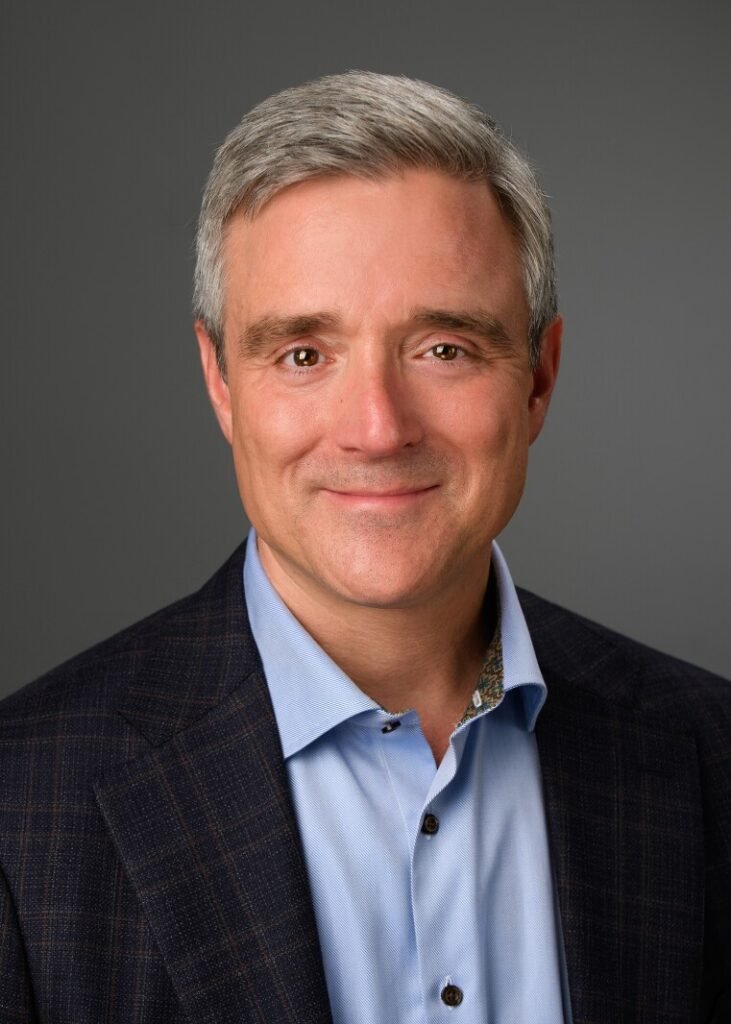As superintendent of Rochester Public Schools, I have had hundreds of conversations about the referendum to increase local funding for our school district that is on the Nov. 5 ballot. As we enter the home stretch to the election, I would like to tell you about one of those conversations because it illustrates an issue that goes beyond the upcoming referendum and speaks directly to how we value public education in our community and our country.
The conversation occurred after I gave a presentation on the referendum at one of our elementary schools. A current RPS parent came up to me and told me this:
“This referendum is causing some conflict in my family. My parents and their friends are saying they might not vote for it because they aren’t sure what’s in it for them. I was educated in Rochester Public Schools. Someone paid for the great education I received. I can’t believe my parents are wondering if they should vote to give the same kind of education to kids in our schools today.”
As I listened to the parent describe the complex discussions that are taking place within her family, I thought of a question that has been on my mind since I started my career as a high school teacher in the early 1990s: Is education in the United States truly a public good, or is it really a private commodity?
Before I share my thoughts, let me provide some context. Private commodities like houses and cars must be purchased, and buying one reduces availability for others. In contrast, public goods can be used by anyone without direct payment, and one person’s use doesn’t limit access for others.
For example, fire departments are a widely supported public good. Few would want to live where emergency response depends on ability to pay, or where putting out a fire in one area prevents fighting one in another.
Education in the United States has a proud history as a public good. In fact, our country was the first in the world to view education that way. In the 1800s, we created the common school to teach young children reading, writing and arithmetic. In the 1900s, we created the high school to provide all students with 12 years of compulsory education. Those investments in our citizenry — what economists call human capital — were a major reason the United States became the economic superpower of the 20th century.
There are concerning signs today that our country is shifting from seeing education as a public good to treating it as a private commodity. Every state in the nation sets academic standards that schools are expected to help all students meet or exceed. In addition, every state and the federal government also require that students with disabilities and students whose first language is not English be provided with an array of important additional services.
Despite those facts, for decades schools in Minnesota and elsewhere have not been funded at the levels they need to help all students meet state academic standards. Schools are also chronically funded at levels far below what they need to cover the cost of state and federal mandates for special education and other services.
I believe that it is in everyone’s self-interest to sustain and strengthen our nation’s tradition of supporting education as a public good. Studies show that the level and quality of education that people receive plays a major role in the incomes they earn, their health and longevity, and the degree to which they vote and volunteer. The level of education that people attain also influences how likely they are to commit serious crimes or need public assistance. In other words, the more educated a community is, the more prosperous, healthy, and safe it is likely to be.
Rochester Public Schools currently educates more than 75% of the young people who are growing up within the boundaries of our school district, which extend into many communities beyond the City of Rochester. The quality of education that students receive in RPS today will shape the workforce of tomorrow. Our future mechanics, healthcare workers, architects, and police officers are currently learning in the classrooms of Rochester Public Schools.
The good news is that education is not a fixed commodity of which there’s only so much to go around. When one student excels in reading, math, or science, it does not limit the potential for others to succeed in those subjects. The only barrier to how much our young people can achieve is the quality and quantity of the investment we make in their learning and development.
If I could say one thing to the parents of that RPS parent who came up to talk to me after my presentation the other day, it would be this: Investing in education doesn’t just benefit today’s students. It also leads to productive futures for our children and stronger, more vibrant communities for everyone.
Kent Pekel is superintendent of the Rochester Public Schools.

